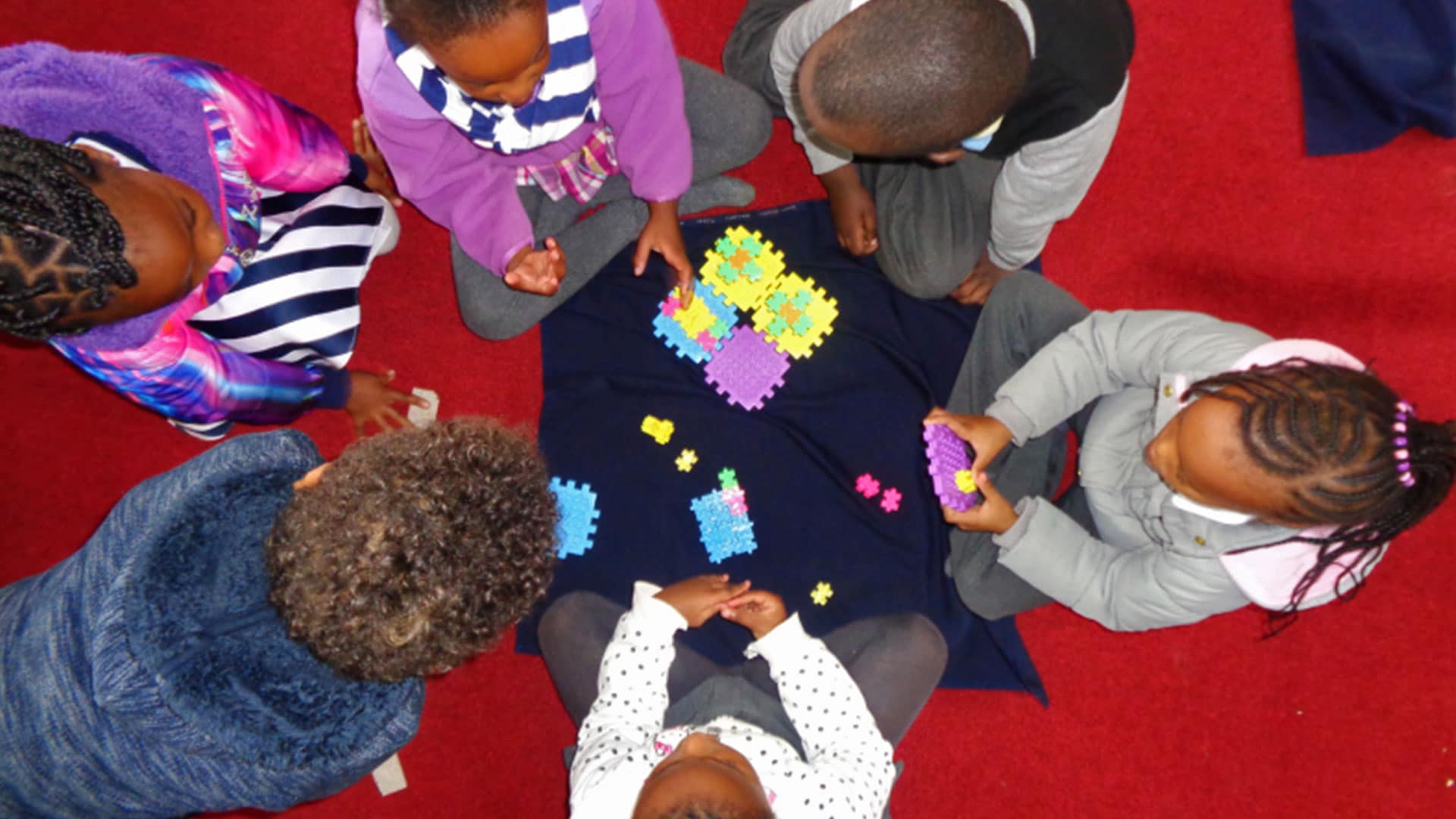A few recommended ways to teach empathy to the toddlers are :
Teach empathy with games
When your child is down on the ground playing with dolls or trains, follow the child’s lead with the make-believe, and take the opportunity to teach empathy during the game. If one doll hits the other doll, or a train collides with another, you can say, “Ow noo! My train is hurt, can you fix it?” Or, “My dolly has an injury on her knee, could you put a band-aid on it?”
Listening
A big part of empathy is being able to talk about how you feel and listen to how others feel. So, parents would do well to listen to their children, repeat back what they are saying to show they are listening, and empathize with them when they express their feelings.
Story telling
Take five-ten minutes every day to read or tell stories about empathy.
Be an Empathetic Parent
Raising an empathetic child requires an empathetic parent. Modeling empathy is a huge influence, because children are always watching us for clues on how to behave, and react to things.
When you are easily able to imagine their point of view, it prevents you from snapping at them in times of instant rage. Instead of baring your emotions by meanly displaying them, speak to your child about them. Tell them “You have made me extremely frustrated”, “You have disappointed me”, etc. in a calm tone. This sets their empathetic thought process in motion.
Temper Your Expectations
Empathy is work in progress. It takes time. Some children understand it without much effort; other kids need more practice/patience
Role Play
Taking children to fundraisers for the less fortunate tune kids into another experience of life. Parents can take the opportunity to explain to their children what others are lacking.
Write Genuine Thank-You Notes
Teach them how to write notes to their playmates Ask them questions like “What would it be like if you spent a lot of time choosing a great gift for a friend and she didn’t thank you?” and “How do you think Gabriele will feel when he gets his very own letter in the mail?”- Though do not insist that they write it. For younger kids thinking about what to write is mere task. Instead them write it out.
Encourage communication
A toddler’s vocabulary and ability to comprehend a wide range of feelings are limited, so you need to verbalize emotions for them. Teach them verbal and non-verbal cues. For example, if your child’s camping trip is canceled, you could say, “I can tell you’re disappointed. I also feel that way when my plans are canceled.”
Positive Reinforcement
As a parent if you observe a random acts of kindness from your child, praise them. You should not overdue the praise, but do enough to let them know that you observed it and that you appreciated it. You can also discuss the feelings of the person who your child showed kindness to. Do not reward them with something tangible like a toy or a treat for this though – you don’t want them to associate kindness to rewards!


Join the Conversation